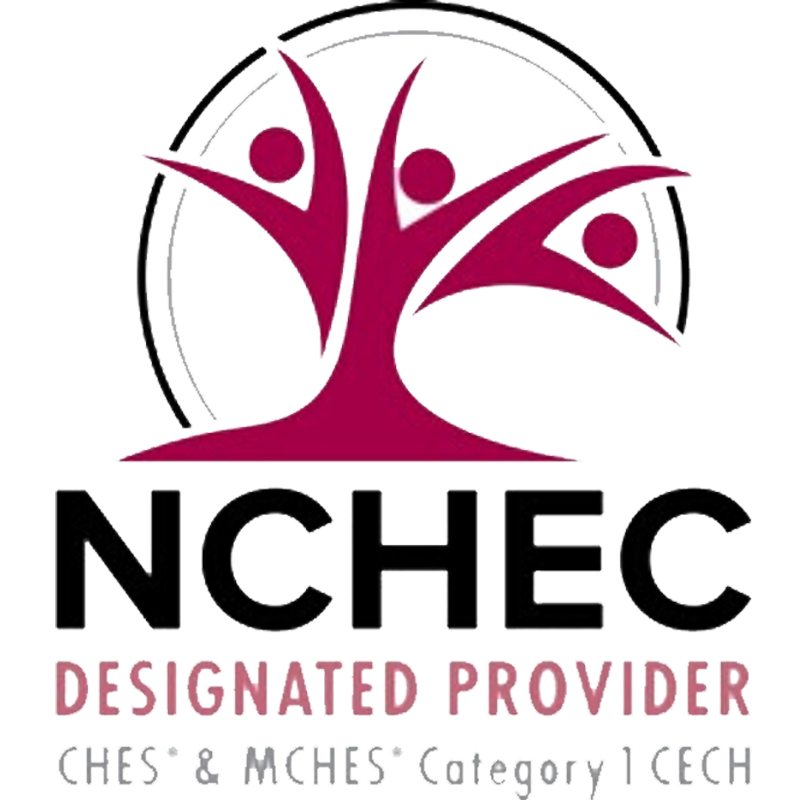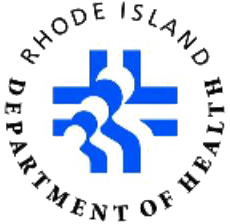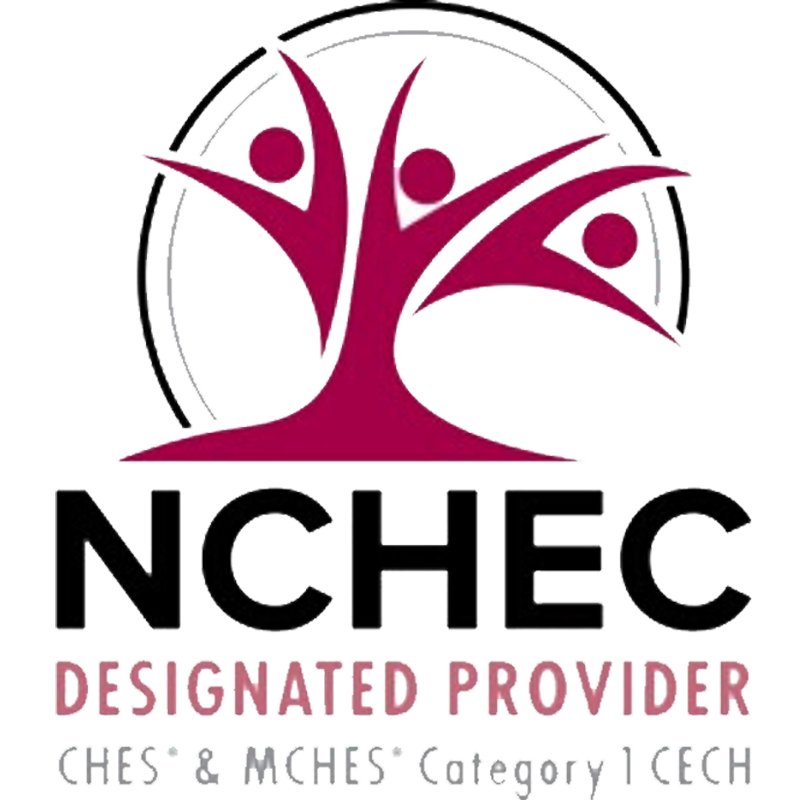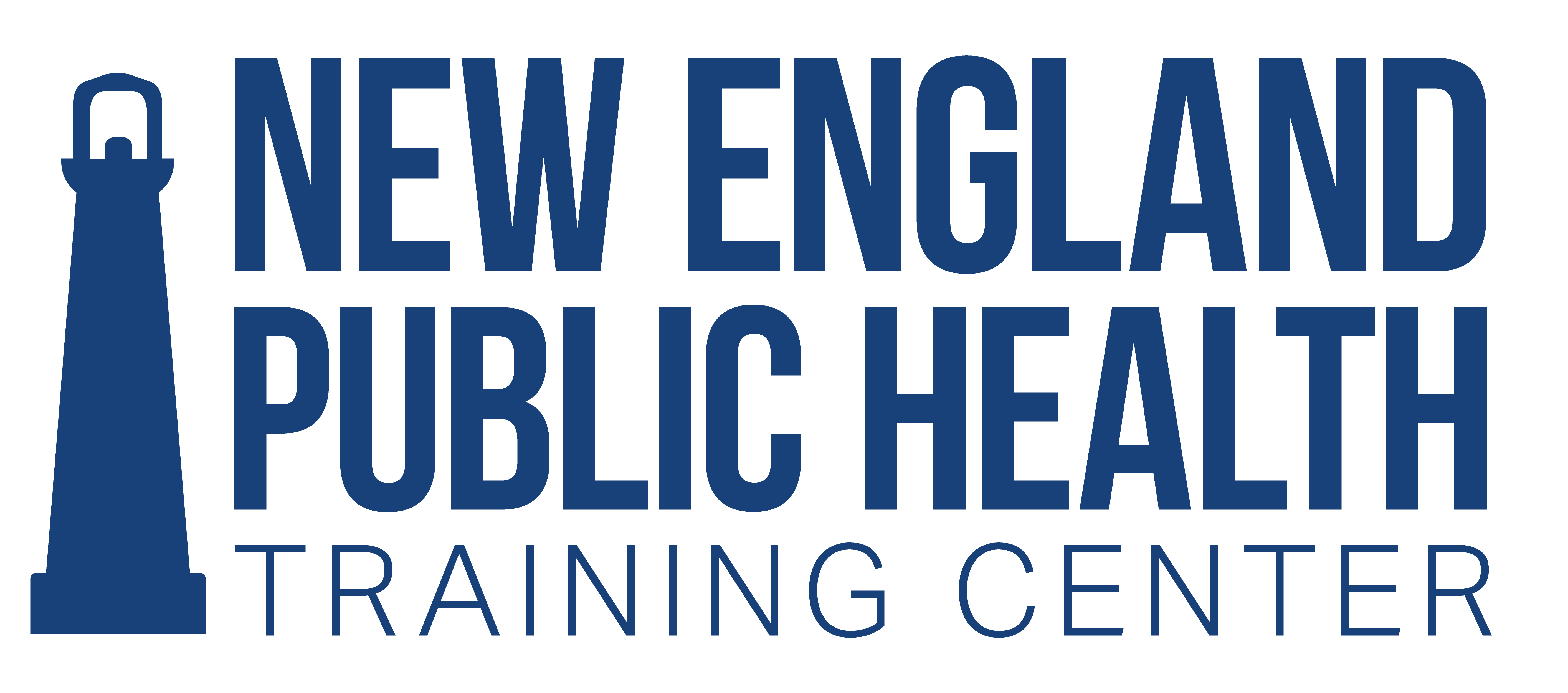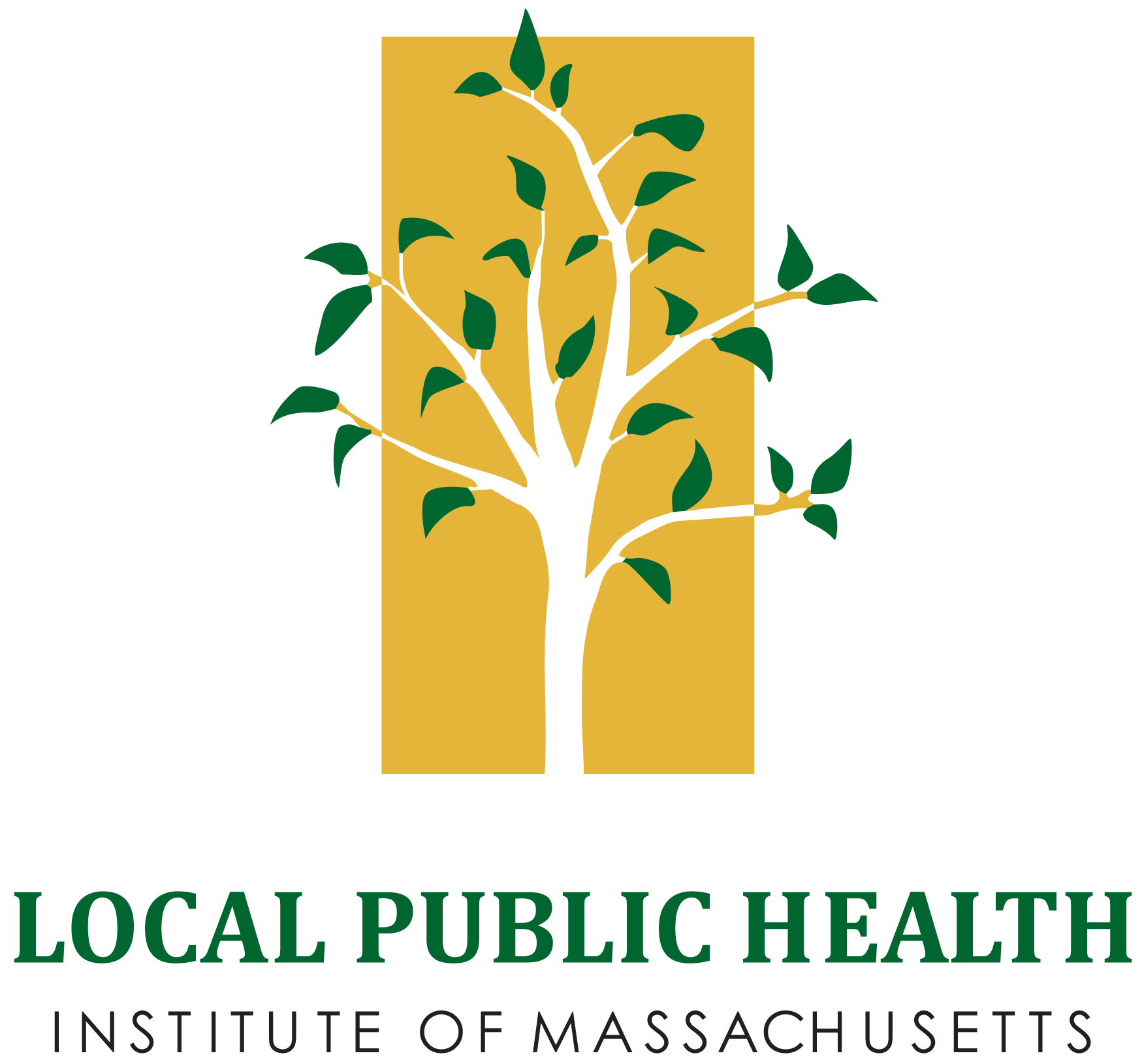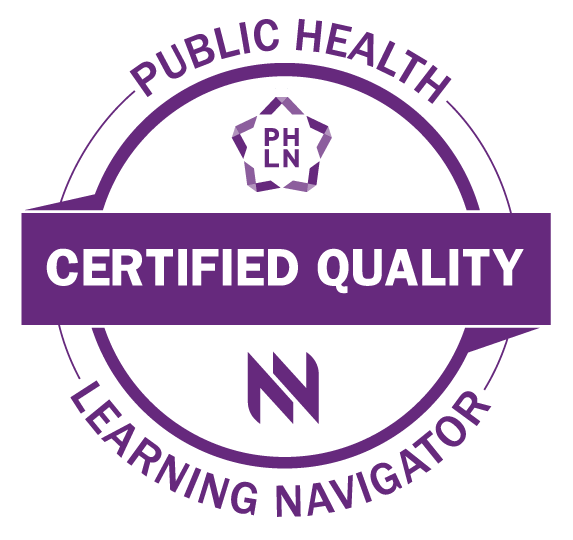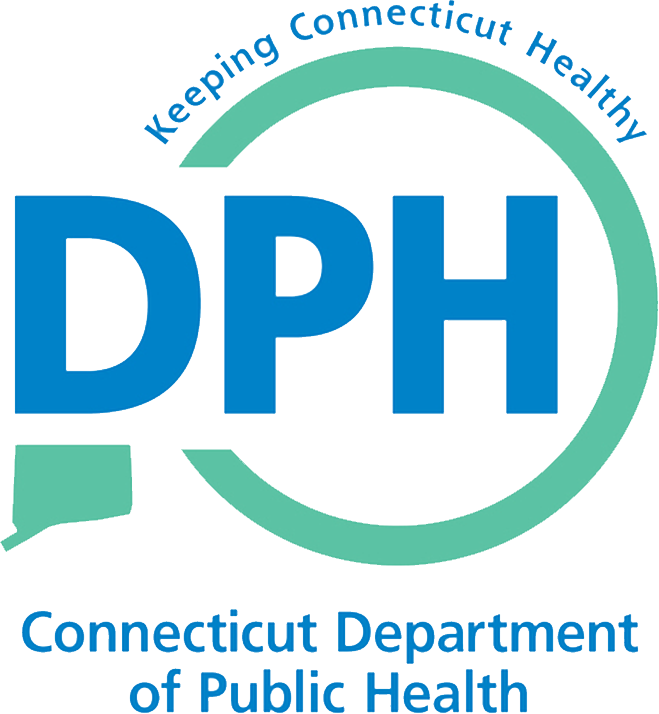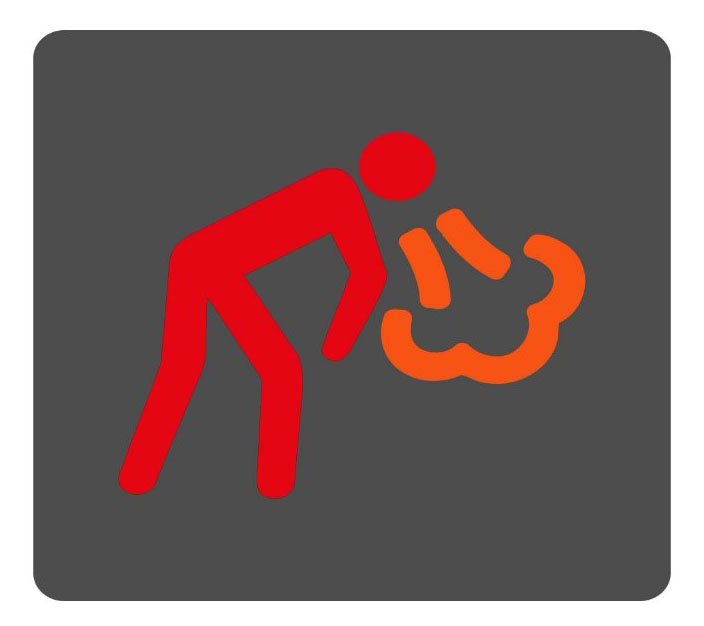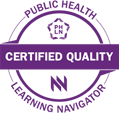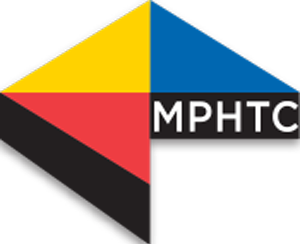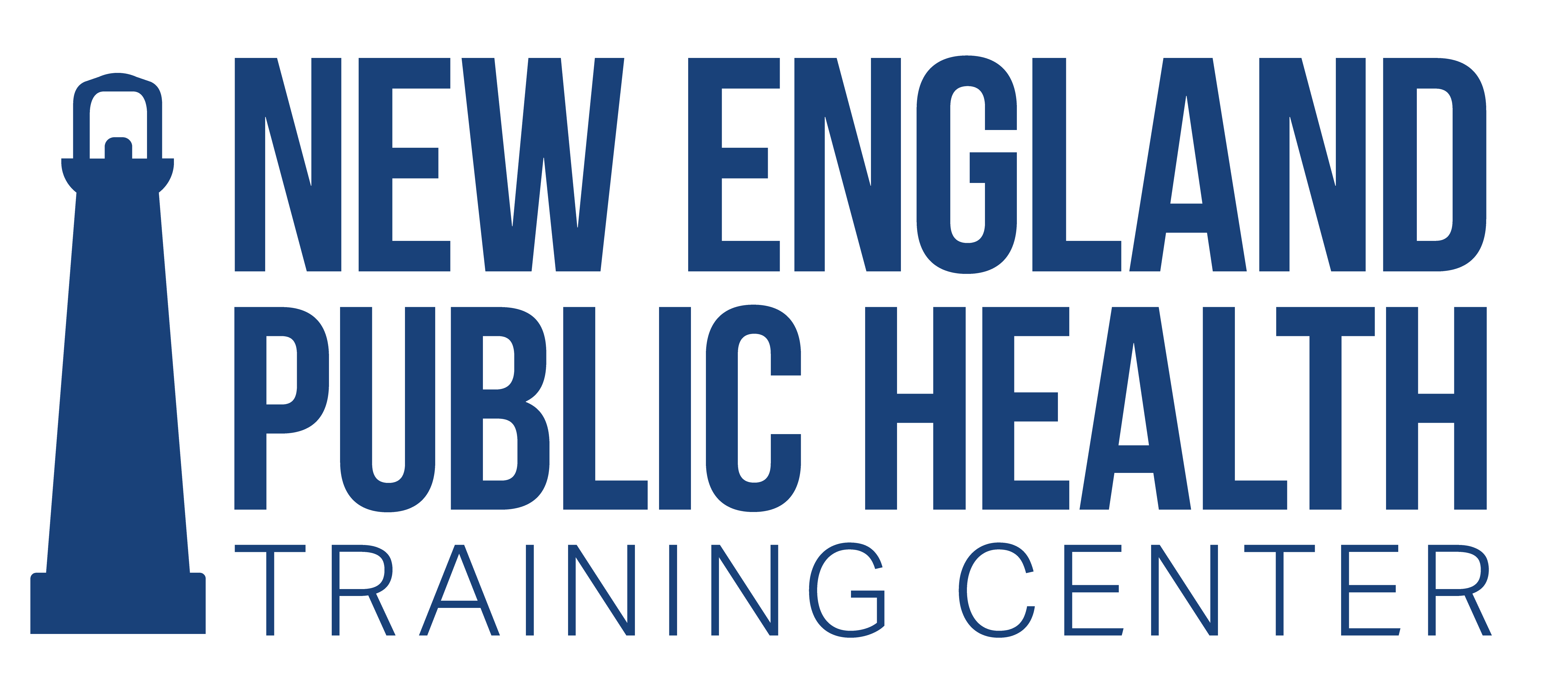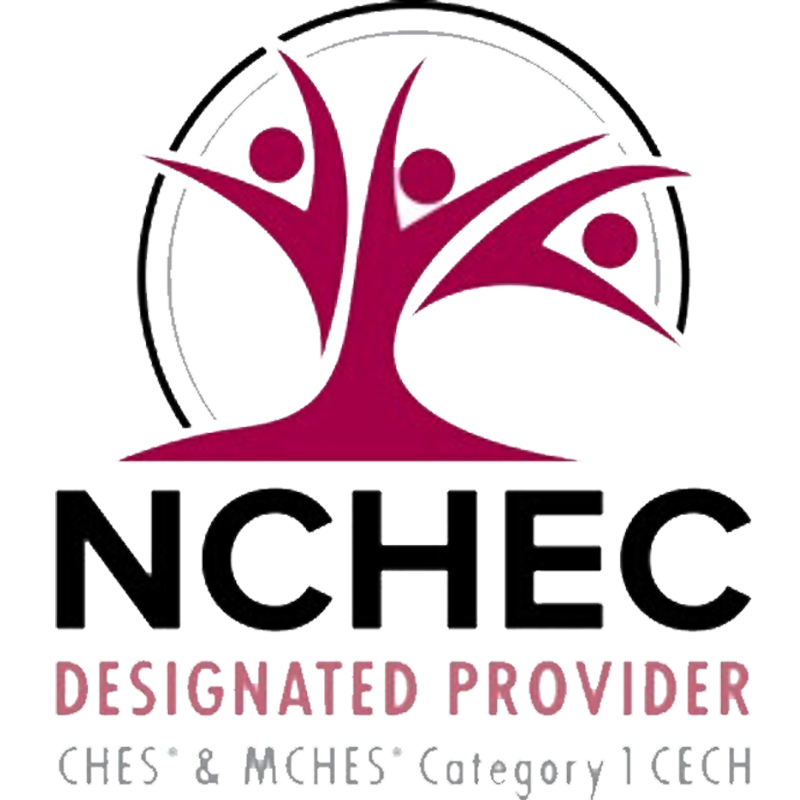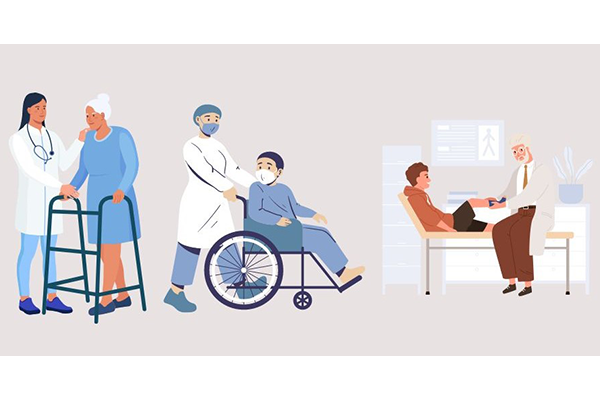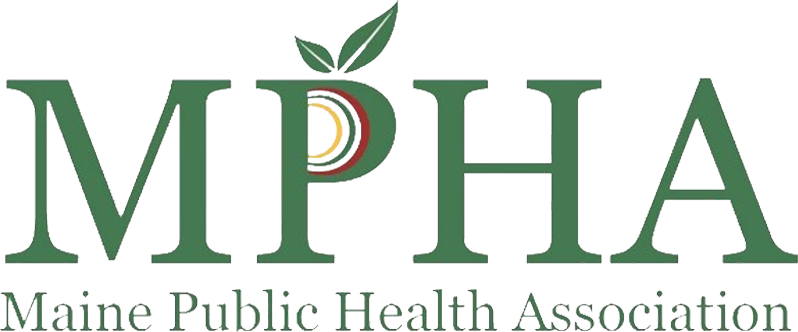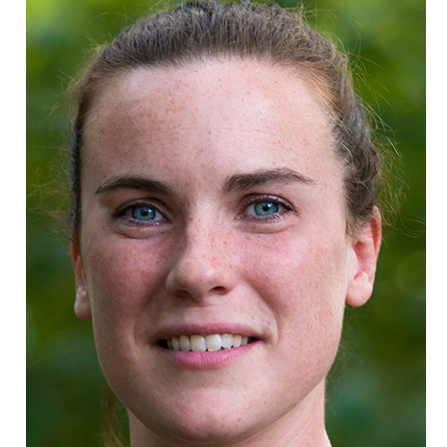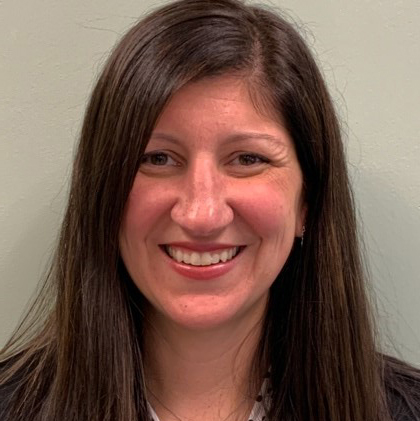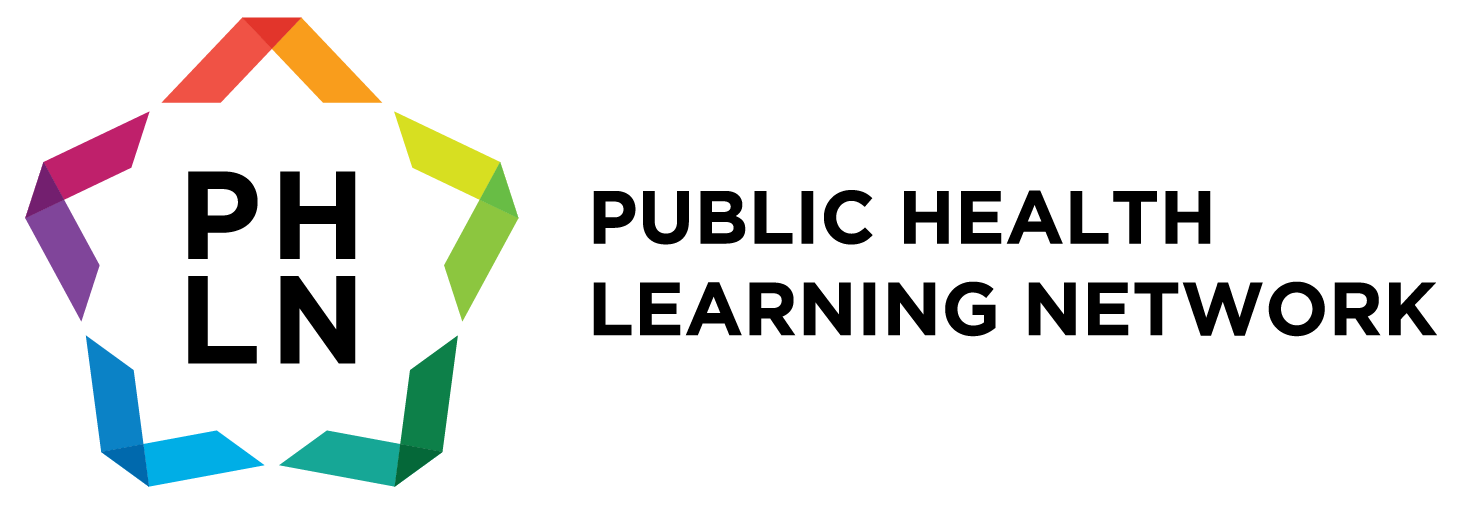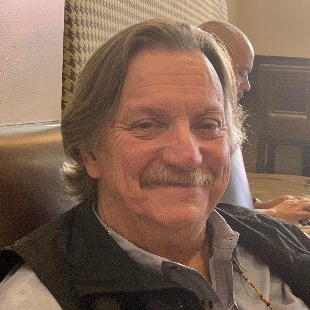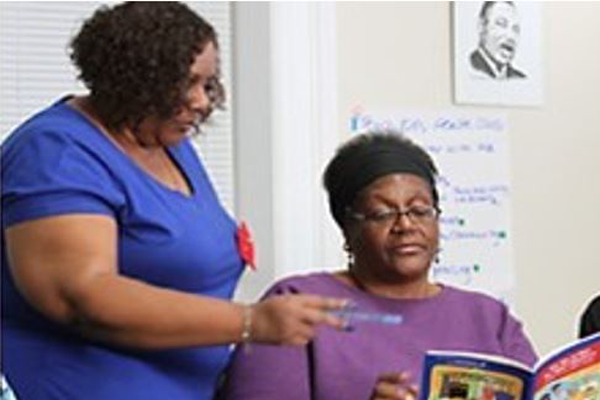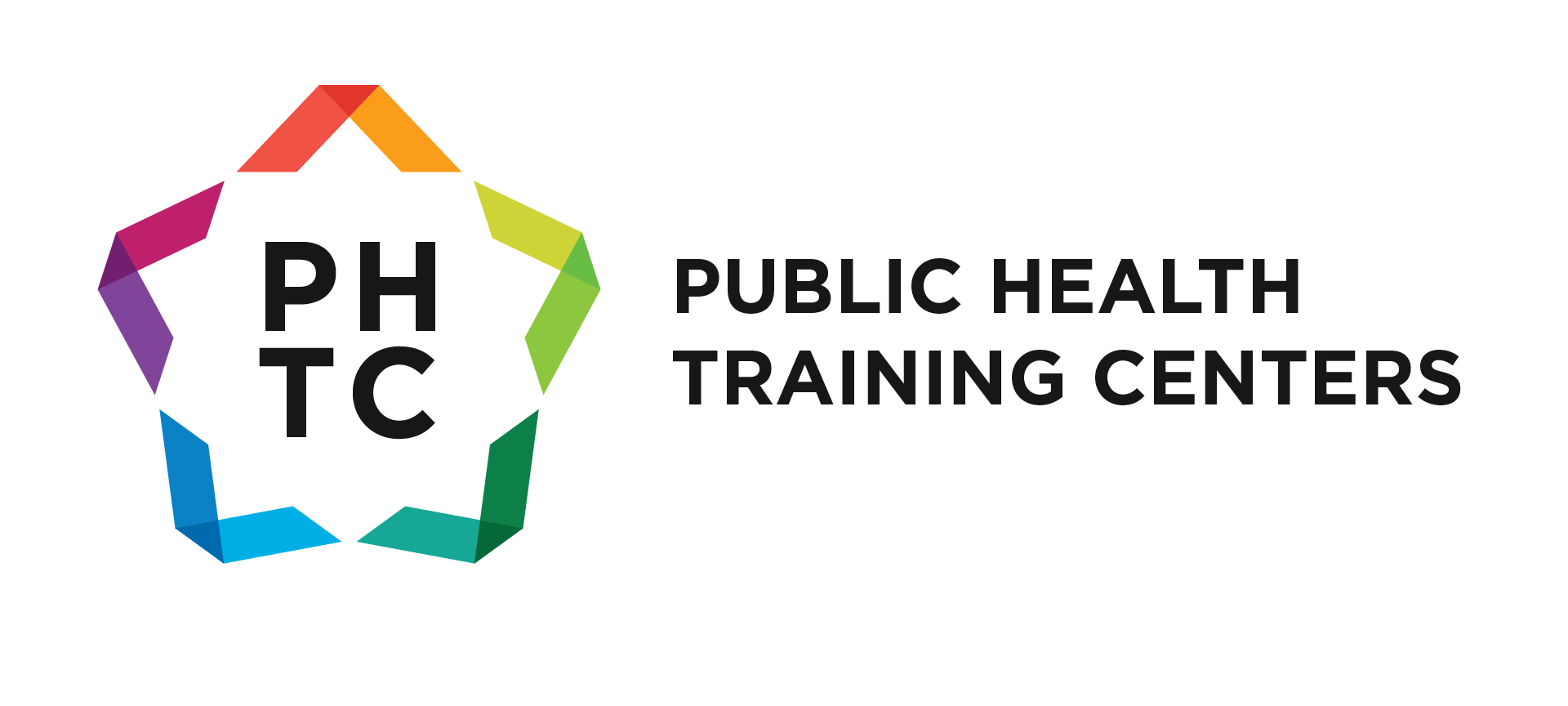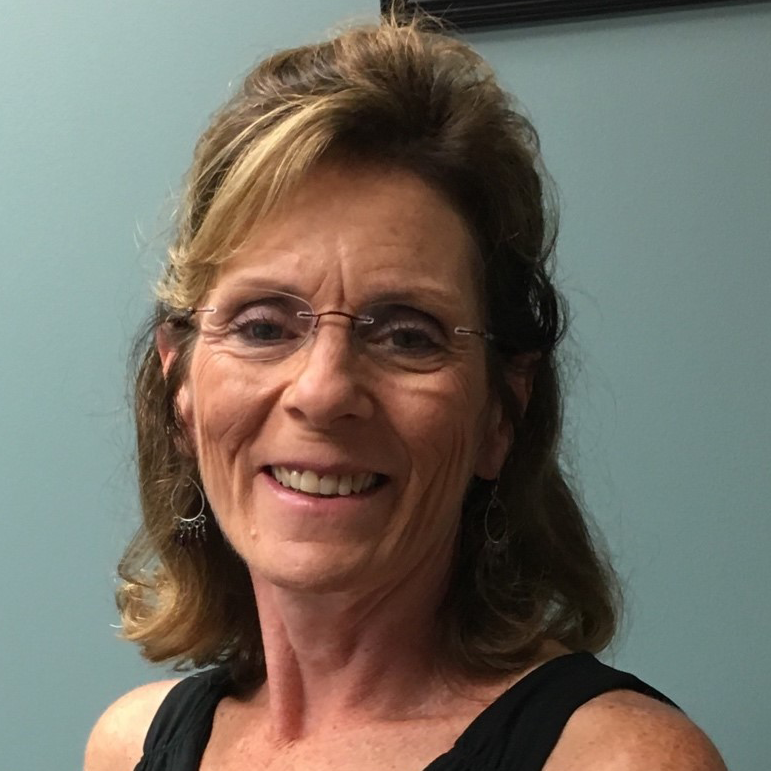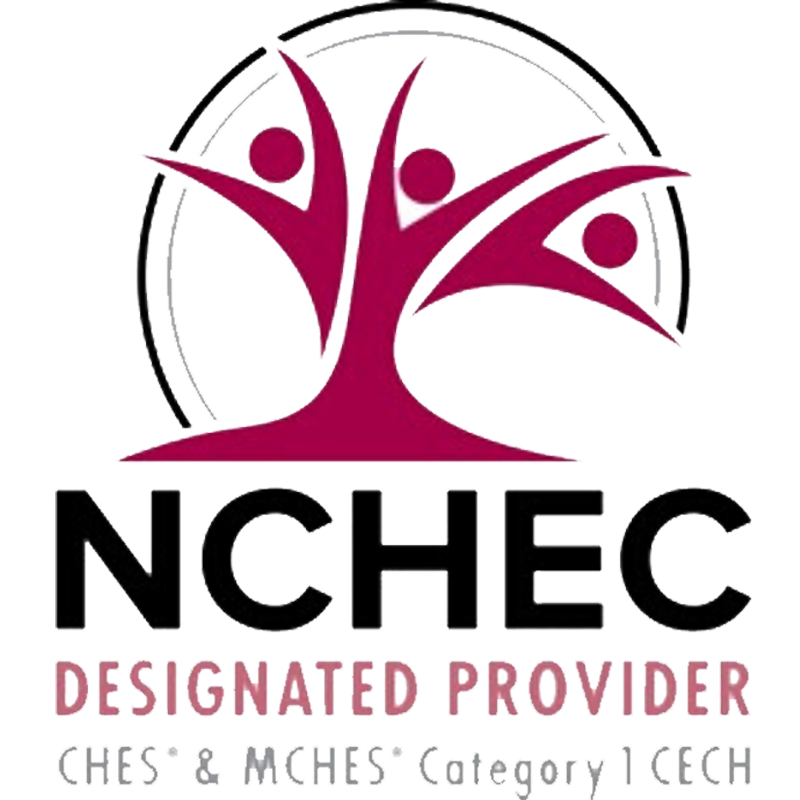
Maintaining Safe Recreational Waters
How do we minimize the public health hazards experienced by visitors to recreational waters? Learn about the health hazards common to recreational waters and how to manage them.

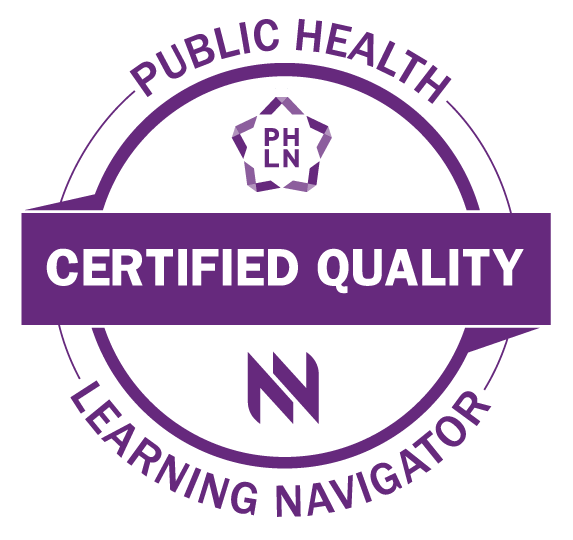

Enroll
Course Information
- Format: Self-paced
- Price: Free
- Length: 1.5 hours
- Credential(s) eligible for contact hours: Sponsored by New England Public Health Training Center (NEPHTC), a designated provider of continuing education contact hours (CECH) in health education by the National Commission for Health Education Credentialing, Inc. This program is designated for Certified Health Education Specialists (CHES) and/or Master Certified Health Education Specialists (MCHES) to receive up to 1 total Category I continuing education contact hours. Maximum advanced-level continuing education contact hours are 1. Provider ID: 1131137 Event ID: SS1131137_MSRW.
If you are not seeking CHES/MCHES contact hours, if you complete the evaluation, you will receive a Certificate of Completion. The Certificate will include the length of the course. - Competencies: Public Health Sciences
- Learning Level: Awareness
- Supplemental materials: Course Guide and Technical Requirements (PDF)
- Pre-requisites: None
- Technical Requirements: This training was created with Articulate Storyline. Please refer to the Articulate 360 System Specifications to ensure your system meets the minimum requirements for viewing.
About this course
This course reviews the four health hazards common to recreational waters: biological, chemical, physical, and cyanobacteria (blue-green algae). Information is provided on water sampling and testing, visual monitoring, reporting, and recreational water management (i.e., beach closure, signage). This training is intended for the environmental public health workforce, state and municipal employees responsible for management of recreational waters, as well as anyone interested in understanding how recreational waters are monitored and managed from a public health perspective.
This training is intended for public health and environmental personnel, state and municipal employees responsible for management of recreational waters, citizen scientists participating in a cyanobacteria monitoring program, as well as anyone interested in learning about cyanobacteria and how recreational waters are monitored and managed from a public health perspective.
While the regulations and administrative processes cited are specific to Vermont, the underlying science and public health implications are applicable to all states and jurisdictions.
What you'll learn
After completing this course, you will be able to address the following questions.
- Identify common recreational water hazards
- Describe regulations and strategies to prevent recreational waterborne illnesses
- Describe methods to monitor, sample, and test recreational water
- Explain the process for posting warning signs and closing beaches
Subject Matter Expert

Lynn BlevinsClinical Assistant Professor
University of Vermont
College of Medicine
Enrollment and Contact Hours
Note there are two different options for enrolling in this course highlighted in the table below.
The Certificate of Completion will include the length of the module. Generally 50 – 60 minutes is equivalent to 1 contact hour. Contact hours may be applicable towards continuing education requirements for certain credentials. Check with your credentialing body to verify if the topic meets its continuing education requirements.
If you wish to receive contact hours in Massachusetts, please go to the Massachusetts-specific training on Recreational Waters.





